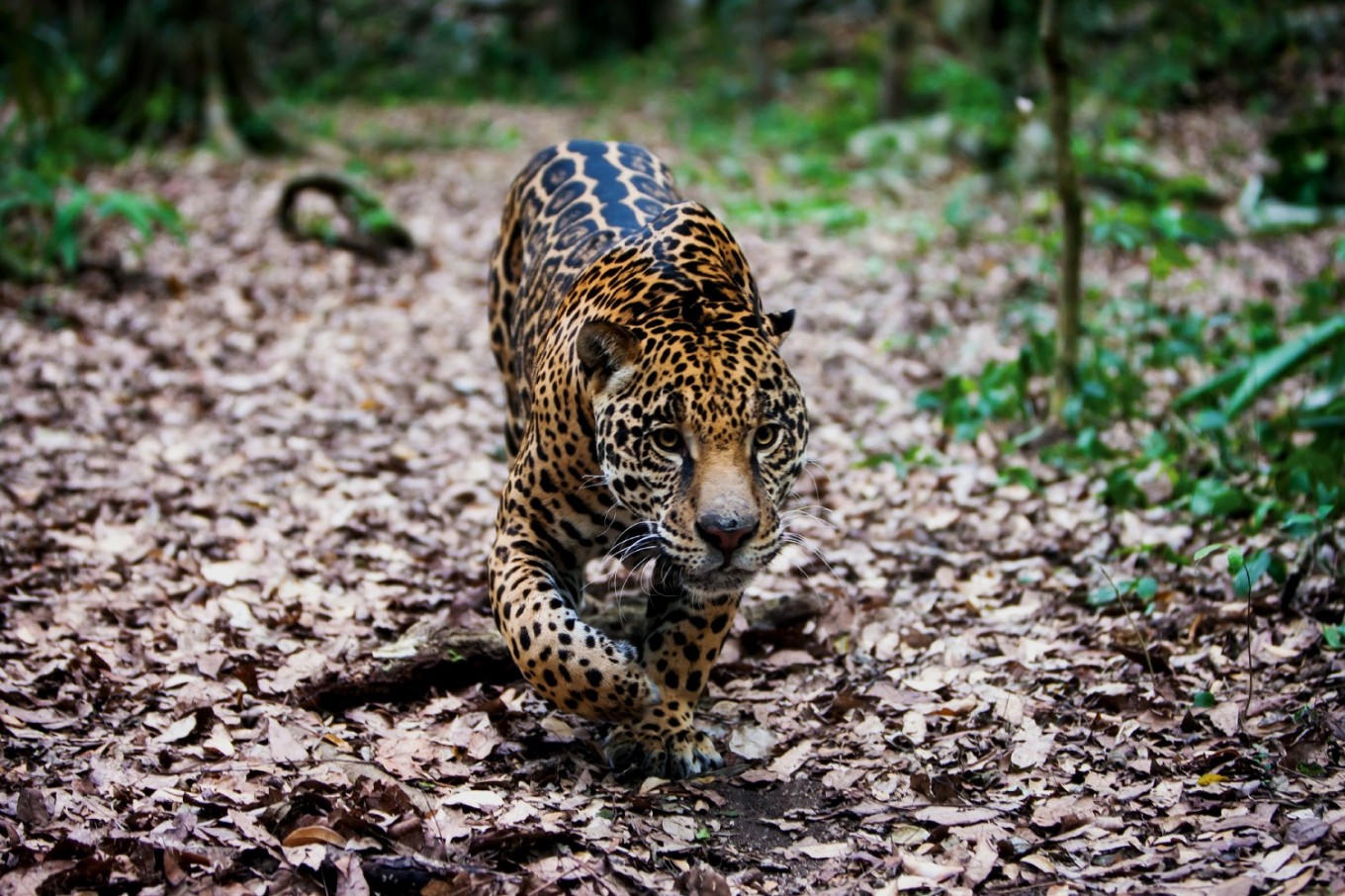Popular Reads
Top Results
Can't find what you're looking for?
View all search resultsPopular Reads
Top Results
Can't find what you're looking for?
View all search resultsMexico jaguar population grows 20% in eight years
Change text size
Gift Premium Articles
to Anyone
M
exico's population of wild jaguars has grown 20 percent in the past eight years, according to a study released Thursday, a bit of good news for an iconic species whose numbers have been declining.
There are an estimated 4,800 jaguars in Mexico, found the study, carried out by a consortium of institutions and academics with remotely activated cameras triggered by sensors.
That was a 20-percent increase from the first edition of the study, carried out in 2010.
"The presence of jaguars ensures that these ecosystems function, by controlling the population of herbivores, and is also an indicator of the ecosystems' good health," said Heliot Zarza, vice president of the National Jaguar Conservation Alliance, in a statement released by the World Wildlife Fund.
The jaguar, the largest feline in the Americas, can weigh up to 100 kilos (220 pounds), though the ones found in Mexico rarely weigh more than 60 kilos.
Read also: Newborn jaguar cubs draw fans at Mexico wildlife park
The yellow, black-spotted cats are found in 18 countries across the Americas, 90 percent of them in the Amazon rainforest.
There are some 64,000 jaguars in the wild, a number that has been shrinking, according to the International Union for Conservation of Nature, which has declared the animal a "near threatened" species.
In Mexico, however, a conservation program launched in 2005 and overseen by Mexico's national parks service has bolstered the jaguar's population growth, said the lead researcher on the study, Gerardo Ceballos of the Ecology Institute at the National Autonomous University of Mexico.
The jaguar also got a boost on March 1 when 14 Latin American countries signed an agreement at the United Nations on implementing a regional conservation program for the big cats through 2030.
Researchers from 16 institutions and 25 academic groups carried out the study across 10 Mexican states, using a total of 396 cameras.











